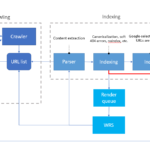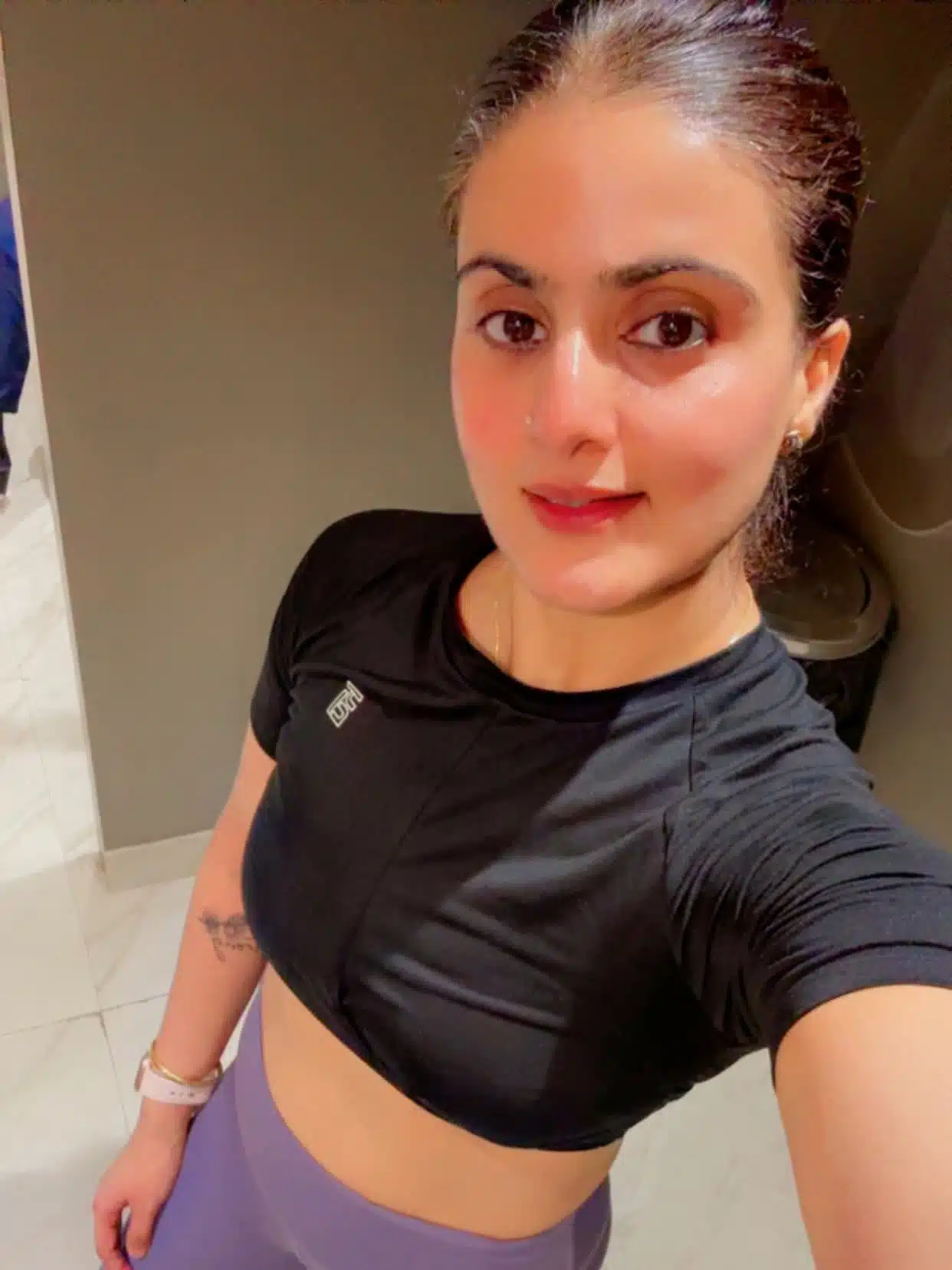10 Common Fat Loss Mistakes (And How to Fix Them)
By Pushpreet Kaur, Nutrition & Fitness Coach | Follow @transformationwithtwins
Introduction: “I’m Eating Healthy, So Why Am I Not Losing Fat?”
You’ve switched to clean eating. You’ve reduced junk food. You’re clocking in hours of cardio each week. Yet… the belly fat sticks around. The scale is stubborn. The mirror shows little change.
This is one of the most common frustrations I hear from clients across India, UK, USA, Singapore, and more.
Here’s the truth: fat loss is a science — not punishment, not deprivation, not guesswork. Many people trying to lose fat fall prey to subtle but serious mistakes that delay results, kill motivation, or worse, lead to rebound weight gain.
In this article, I break down the 10 most common fat-loss mistakes backed by science and client experience — and show you how to fix them, one smart step at a time.
1. Over-Relying on Cardio
“I run every day, but I still have belly fat!”
While cardio is good for your cardiovascular health, excessive cardio without strength training can be counterproductive when it comes to fat loss.
The Science Behind It:
- Long cardio sessions may cause muscle catabolism (breaking down muscle for fuel), especially on a calorie deficit.
- Less muscle mass means a slower metabolism (BMR), which reduces the total calories your body burns at rest.
The Solution:
Incorporate 3–4 strength training sessions per week alongside moderate cardio. This helps build lean muscle, which increases metabolic rate and promotes fat burning even when you’re resting.
2. Eating Too Little
“I dropped my calories to 1,000 per day… but I’ve stopped losing weight.”
Drastically cutting calories might help short-term weight loss but almost always backfires in the long term.
The Science Behind It:
- Severe calorie deficits cause your body to enter survival mode.
- Hormones like leptin, thyroid, and ghrelin get disrupted, slowing your metabolism and increasing hunger.
- Your body burns fewer calories and holds onto fat to protect itself.
The Solution:
Calculate your Total Daily Energy Expenditure (TDEE) and aim for a 15–20% calorie deficit — enough to lose fat without compromising muscle or hormones.
3. Not Prioritizing Protein
“I’m vegetarian, so I think I eat enough protein with dal and rice.”
Inadequate protein intake is one of the biggest reasons people lose muscle instead of fat during weight loss.
Why Protein Matters:
- Helps preserve lean muscle mass while on a deficit.
- Has the highest thermic effect among macronutrients (burns more calories during digestion).
- Increases satiety, reducing the chances of overeating.
The Solution:
Consume 1.6–2.2 grams of protein per kg of body weight. Include sources like tofu, paneer, eggs, lean meat, legumes, Greek yogurt, and whey protein in every meal.
4. Snacking Too Often
“I only snack on healthy things like nuts, protein bars, and fruits!”
Even healthy snacks contribute to your calorie intake. Frequent snacking — especially untracked — may push you into a calorie surplus.
The Issue:
- Snacks are often high in fat or carbs, making them calorie-dense.
- You may not feel as full or satisfied compared to full meals.
The Solution:
Limit snacking to once or twice a day, and always track it. Meal structure and portion control are key. Avoid eating while watching TV or scrolling — this leads to mindless snacking.
5. Inconsistent Tracking
“I know I’m eating less, but I’m not seeing any changes!”
Most people underestimate how much they eat, especially when they eyeball portions.
Research Shows:
- Even fitness professionals can underestimate calorie intake by 20–30%.
- Those few extra bites, drinks, or “just a taste” moments add up over the week.
The Fix:
Track your meals using tools like MyFitnessPal or HealthifyMe. Weigh your food (especially calorie-dense items like oil, nuts, cheese). Be consistent — tracking leads to awareness, which leads to results.
6. Weekend Binges
“I eat clean all week, but weekends are for cheat meals!”
Unfortunately, two days of overeating can undo five days of clean eating, putting you back at maintenance — or worse, in surplus.
The Math:
- A single “cheat meal” can be 1,000–1,500 calories.
- Two such meals = your entire week’s deficit wiped out.
The Fix:
Aim for balance, not extremes. You can enjoy treats by fitting them into your macros. Practice portion control and avoid emotional eating on weekends.
7. Ignoring Stress and Sleep
“I’m doing everything right — diet, exercise — but I’m always tired and stressed.”
This could be your biggest roadblock.
Scientific Insight:
- Chronic stress elevates cortisol, which triggers fat storage, especially around the belly.
- Poor sleep reduces leptin (fullness hormone) and increases ghrelin (hunger hormone) — making you crave high-calorie foods.
The Fix:
- Prioritize 7–9 hours of sleep per night.
- Manage stress through meditation, journaling, deep breathing, or light walks.
- Avoid screen time before bed and limit caffeine intake after 4 PM.
8. Falling for Fad Diets
“I’m doing keto/intermittent fasting/detox teas — why am I not losing?”
Fad diets may lead to quick weight loss — mostly water weight — but rarely lead to sustainable fat loss.
The Problem:
- Most are overly restrictive, lacking in key nutrients.
- Once you stop, weight rebounds due to metabolic slowdown and poor relationship with food.
The Fix:
Choose an approach that is science-backed, flexible, and sustainable. Consistency with a balanced diet always beats extremes.
9. Drinking Your Calories
“I don’t eat much, but I love smoothies, fruit juices, and lattes!”
Liquid calories don’t fill you up but add significantly to your daily intake.
Common Offenders:
- Sugary coffee drinks: 300–600 calories
- Smoothies: 400–800 calories
- Alcohol: 1 glass of wine = ~120–150 calories
The Fix:
- Drink plain water, black coffee, green tea, or zero-calorie drinks.
- If you love smoothies, log your ingredients and balance them with meals.
10. Obsessing Over the Scale
“I gained 1 kg overnight! What am I doing wrong?”
Fat loss is not linear, and the scale doesn’t tell the full story.
Why Weight Fluctuates:
- Water retention
- Hormonal changes
- High-sodium meals
- Glycogen storage
- Incomplete digestion
The Fix:
- Track your progress photos, inch loss, strength gains, and how clothes fit.
- Weigh yourself weekly, not daily — and take the average weight.
Conclusion: Progress > Perfection
Remember: fat loss isn’t a punishment, it’s a process. Small, smart changes applied consistently will give you sustainable results. Don’t fall for quick fixes. Instead, educate yourself, listen to your body, and be patient.
And if you’re still unsure, don’t worry — I’ve got your back.
📌 Save, Share & Connect
✅ SAVE this article as your go-to fat-loss checklist
✅ SHARE with friends or family trying to lose weight
✅ FOLLOW @transformationwithtwins for science-backed fitness advice
✅ COMMENT your most relatable mistake — I’ll guide you 1-on-1 on how to fix it with a personalized meal plan.
About the Author:
Pushpreet Kaur is a certified Nutrition & Fitness Coach and co-founder of @transformationwithtwins. With years of experience transforming lives across continents, she brings real-life strategies rooted in science — helping busy professionals, moms, and fitness beginners reach their best shape.









